In the aftermath of the murder of George Floyd and in the midst of protests around the country, we’re again left wondering what we should say to our children about racism in America. What is too much? What is not enough? What if they’re too young and we scare them? What if we’re scared, too?
“Children are never too young to be exposed to diversity,” says Dr. Aisha White, Director of the P.R.I.D.E Program within the Office of Child Development at University of Pittsburgh. “The research continues to show that children recognize skin color differences at a very young age. As young as 3 months old, they may look differently at people who look like or don’t look like their primary caregivers.”





